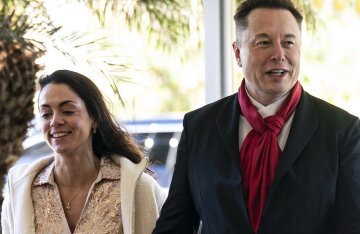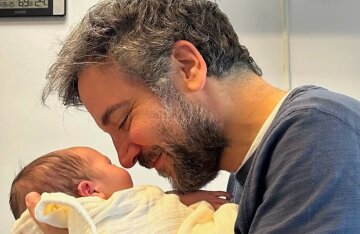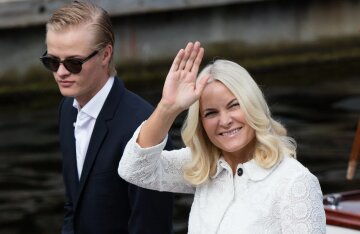Disney at center of scandal: corporation tries to dismiss lawsuit after theme park visitor's death, citing user agreement

Disney is trying to dismiss a lawsuit filed by an American man whose wife died after visiting a restaurant at Disney World. The company believes that the case cannot go to court because of a user agreement that the man previously signed (and which, as a rule, few people read), the New York Post reports.
Jeffrey Piccolo and his wife, Kanopkorn Tansuan, a doctor, visited the Disney theme park in Florida last October. They decided to have lunch at an Irish restaurant on the park’s premises. Tansuan ordered scallops, onion rings, broccoli, and corn fritters, and warned the staff that she had severe allergies to nuts and dairy products. Shortly after the couple left the restaurant, Tansuan began to feel ill: she had difficulty breathing and lost consciousness. At the hospital, she was immediately given adrenaline, but it did not help: 42-year-old Tansuan died.
After his wife's death, Piccolo sued Disney for $50,000 in damages, lost income, and funeral expenses. However, Disney claims the lawsuit is invalid because Piccolo signed up for the Disney+ streaming service in 2019. It turns out that the user agreement contains a clause that customers must resolve any disputes with the company only through individual arbitration. This clause was added because it is easier for large corporations to win cases in such courts.
Disney believed the man had agreed to the terms twice because, in addition to subscribing, he had used the My Disney Experience app to purchase tickets to the Epcot theme park last September, just a month before the tragedy.
Piccolo's lawyers call Disney's arguments "absurd" and "outrageously unreasonable" because the terms people agree to when they sign up for a free trial account should not deprive them of their right to a jury trial: "It is so outrageous and unfair that it is shocking to judges and should not be enforced by the court." They also noted that he did not file the lawsuit on his own behalf, but as the heir to his deceased wife.



















